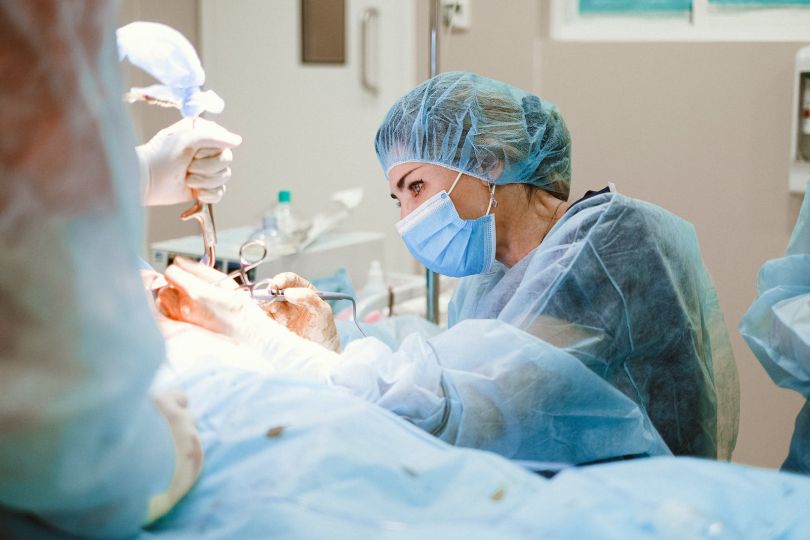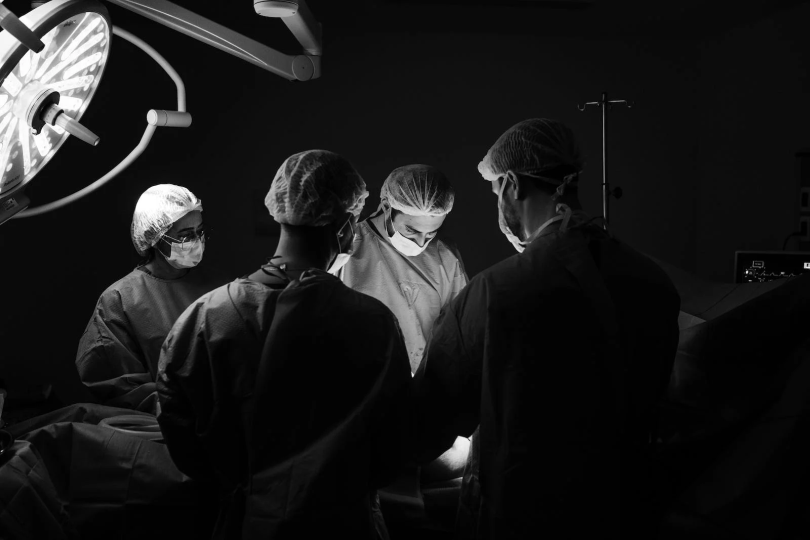How to Prepare for a Complicated Medical Procedure: Medical Essentials to Know

Are you feeling scared and overwhelmed by the thought of an upcoming medical procedure? Going through a complicated medical procedure doesn’t have to be overwhelming. By taking the time to learn the fundamentals of both your condition and treatment plan, you can make informed decisions while preparing for the event and feel more in control throughout it all. Here are some medical essentials to know before you go in for a complicated medical procedure.
1. Research Your Procedure
The primary step you should take before any medical procedure is to thoroughly research the procedure, its risks, and potential outcomes. Make sure you understand the purpose of your procedure and how it will be performed. Ask your doctor questions about what will happen during the procedure and why it’s necessary for your condition. If you are needing a meniscus surgery, for example, research the procedure and ask your doctor questions about the steps of surgery. Doing this will help you to better understand what’s going on and help you to make informed decisions.
2. Know the Side Effects of Any Medications
Your doctor may prescribe medication to help with your procedure or recovery. It’s important to understand the side effects of any medications you’ll be taking before, during, and after the procedure as well. This will help you prepare for potential reactions so that if anything does happen, you know what to expect. Talk to your doctor about what signs or symptoms could indicate a serious side effect and when it’s appropriate to contact them for further advice or treatment. Be sure to keep track of any changes in medication dosage or type throughout the entire process too.
3. Gather Necessary Supplies
Once you have a sense of what to expect for your procedure, it is important to make sure you have the necessary supplies. Depending on the type and complexity of the procedure, there may be specific items that you need. Ask a doctor or nurse if there are any special medical items or medicines that should be brought with you. These could include items such as gauze, tourniquets, antiseptics (such as alcohol wipes), and even extra clothing or blankets. Additionally, if there will be post-procedure care involved, make sure to ask questions about what kind of supplies you should pick up ahead of time so that everything is prepared before the procedure begins.
4. Consider Alternative Treatments
When considering a complicated medical procedure, it’s important to be open-minded about other treatment options. Ask your healthcare team about any alternative treatments that may be available for your condition or procedure. Alternative treatments range from supplements and specialized diets to acupuncture and massage therapy. Talk to your doctor to see if any of these options are viable alternatives for you. Be sure to research any potential side effects or risks associated with alternative treatments before exploring them further. Additionally, make sure the provider administering the treatment is experienced and licensed in their field.
5. Talk to Your Support System
It’s essential to build a support network before and during your procedure. Schedule time to talk with family, friends, or a counselor who can provide emotional support throughout the process. Knowing that you have people in your corner will help reduce your stress before and after the procedure. Additionally, it may be useful to ask someone to accompany you for any doctor’s appointments leading up to the operation as an extra set of ears and arms for support. Having someone there who understands what you are going through can be even more comforting than any medical advice from a professional.
6. Plan for Post-Procedure Care
It’s important to know what will happen after the procedure is done and what kind of care you should expect. Ask your doctor about home health care, follow-up visits, medication, physical therapy, or any other post-procedure requirements. Also, ask about any lifestyle adjustments that may be necessary in order to make sure you heal properly and quickly. Be sure to keep all follow-up appointments as instructed by your doctor for the best possible outcome from your medical procedure. With a little preparation, you can feel confident knowing that you’re well on your way to a successful recovery!

Medical procedures can be intimidating, but with the right preparation and support, you can make sure that your experience is a positive one. Know what to expect before you go in for the procedure, gather any necessary supplies depending on the complexity of the procedure, consider alternative treatments if they’re available, and build a supportive network to lean on throughout the process. Additionally, plan for post-procedure care and lifestyle adjustments that may be necessary for a successful recovery. With these steps in mind, you can rest assured that your procedure will be as smooth and successful as possible.
